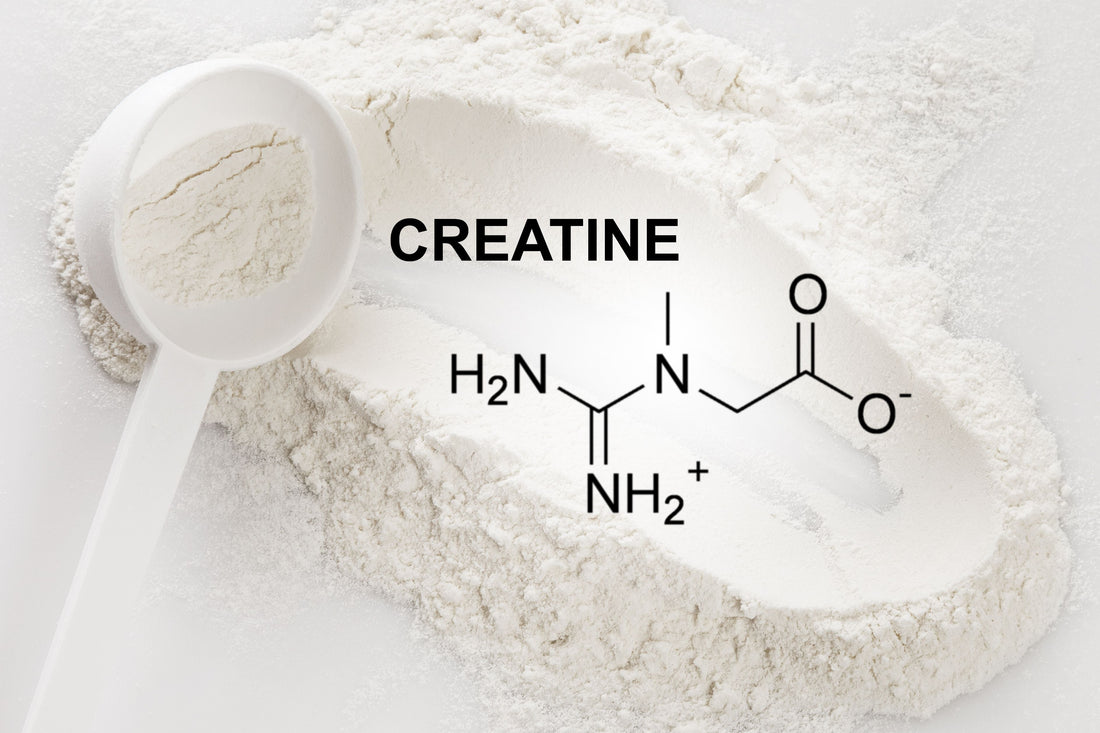
Is Creatine Safe? What You Should Know
Share
Introduction
Creatine is one of the most popular supplements used by athletes, fitness lovers, and even older adults to improve strength, endurance, and brain health. But despite its growing popularity, some people still worry about its safety. This concern usually comes from rumors on the internet or social media rather than actual scientific studies.
So, is creatine really safe to use? A recent large-scale research study reviewed hundreds of clinical trials and global data sources to answer this question.
What the Study Looked At
Researchers analyzed 685 clinical trials involving over 12,000 people who took creatine and compared them to more than 13,000 people who took a placebo. They also checked data from international health organizations that track supplement-related side effects, along with public opinions shared on YouTube and Twitter.
Most people in the studies took creatine monohydrate (CrM), the most common and well-researched form of creatine. The average dose was around 12.5 grams per day, and the studies lasted from a few weeks to even 14 years.
Were There Any Side Effects?
The results were surprising to many. The number of studies reporting side effects was almost the same between the creatine group (13.7%) and the placebo group (13.2%). This means creatine didn’t cause more side effects than sugar pills.
Some studies reported minor issues like stomach discomfort and muscle cramps, but even these were rare. For example, stomach issues were seen in only about 5.5% of creatine users. Muscle cramps were reported by just 0.5%. In most cases, these were mild and didn’t require stopping the supplement.
Importantly, there were no major health concerns like kidney or liver problems linked to creatine. Even long-term use—up to 8 years—did not show any harmful effects.
What About Reports from the Public?
The researchers also looked at over 28 million adverse event reports from around the world. Only 203 of those mentioned creatine, and most of them were linked to products that combined creatine with other ingredients. This means it’s hard to blame creatine alone for any issue.
On social media, most people seemed neutral or slightly negative about creatine, but that didn’t match the real data from studies. This shows how myths and misinformation online can shape public opinion, even when scientific evidence says otherwise.
Conclusion
Creatine is not only effective—it’s also safe for most people. Side effects are rare and usually mild. Creatine monohydrate, in particular, has been studied for decades and is considered safe by health organizations around the world.
If you're thinking about trying creatine for fitness or general health, you can feel confident knowing it has strong research backing its safety. Just make sure to use it responsibly and buy from trusted brands.
